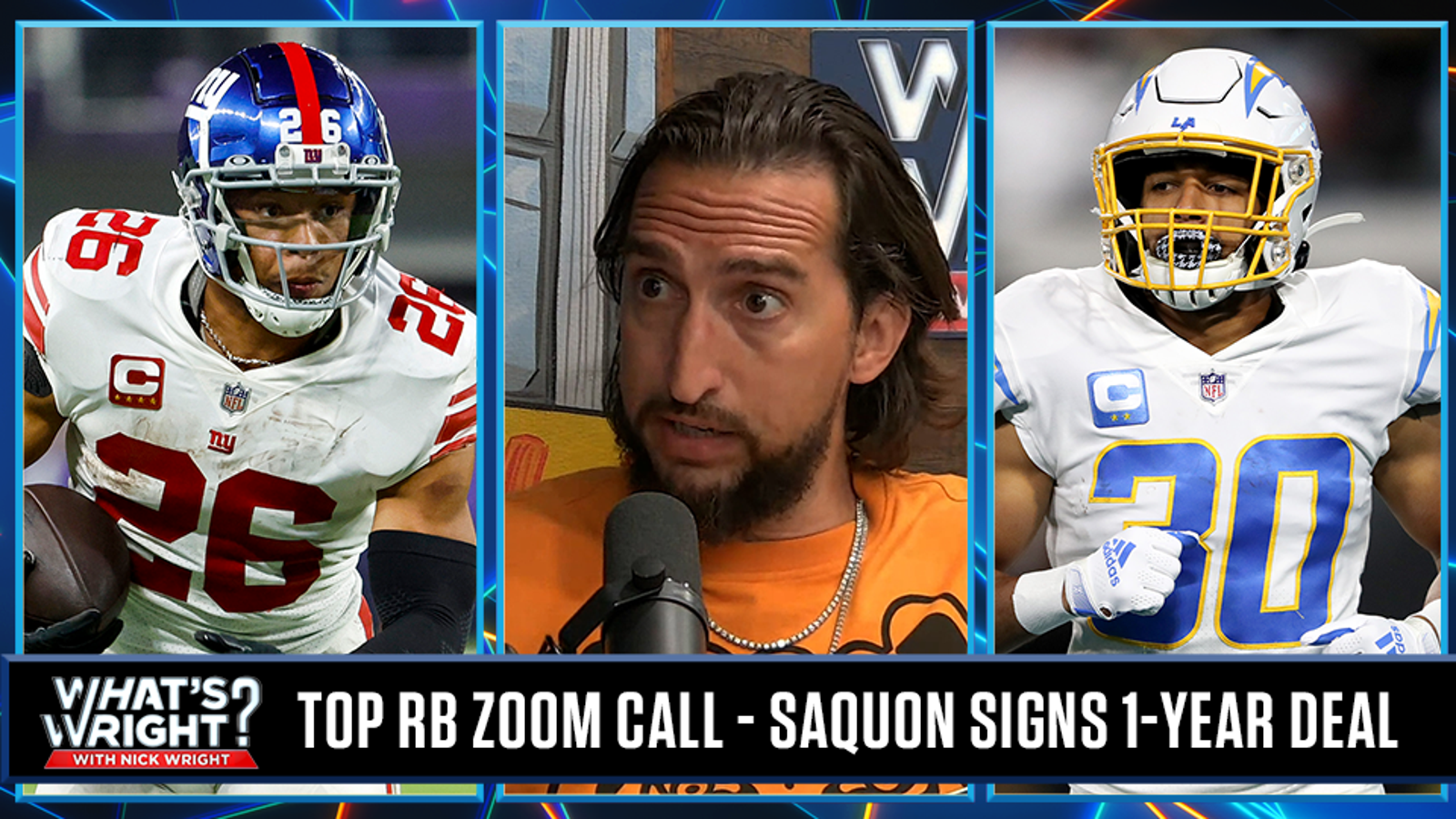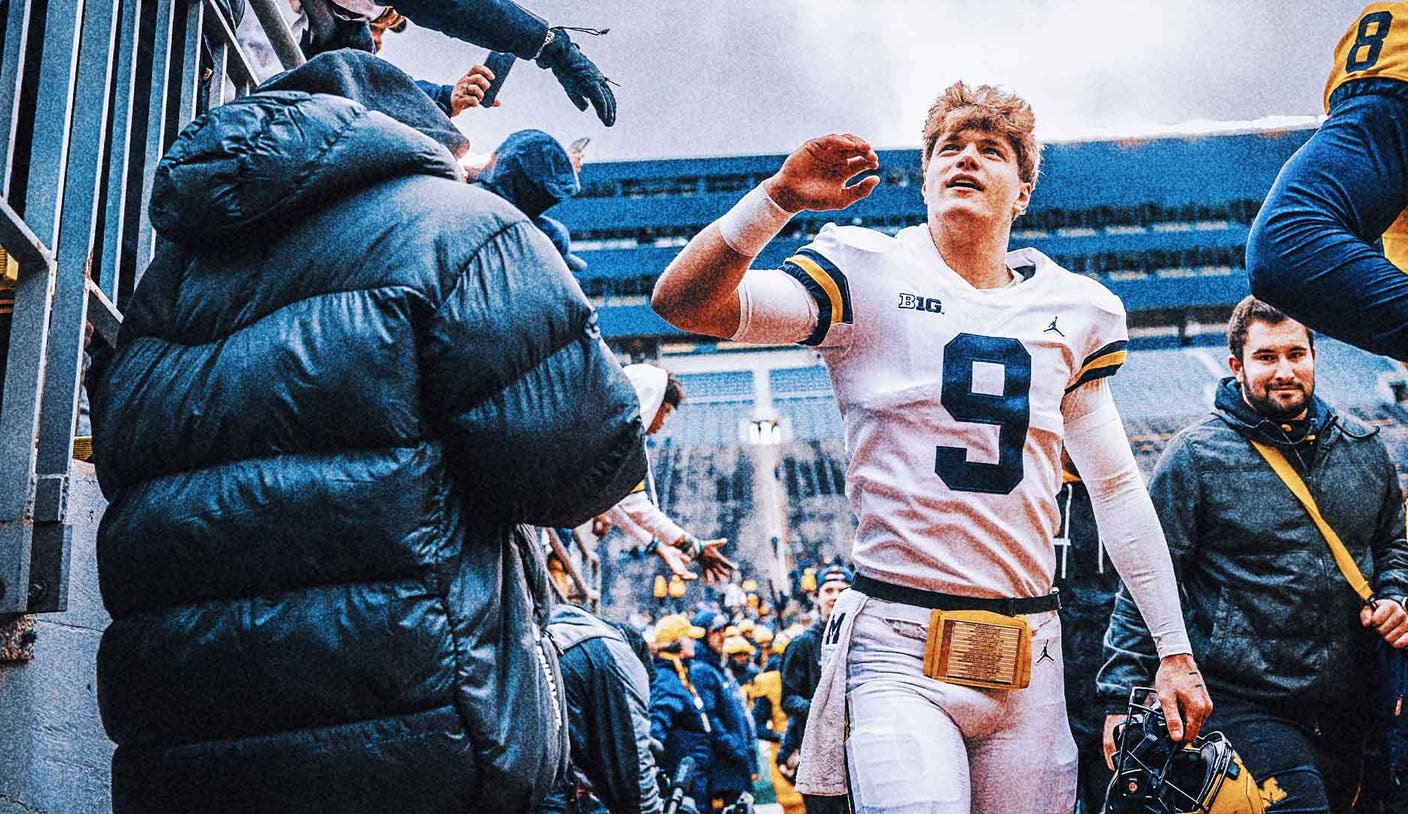
The devaluation of running backs remains a talking point among NFL players, coaches and front-office executives.
For longtime NFL agents Don Yee and Leigh Steinberg, the stagnation of the running-back market has actually been decades in the making.
Yee points to two main issues for the declining market, starting with the NFL allowing college football to serve as the main development arm for players and college offenses utilizing a style of play that has curbed the power running game. Yee has advocated for the NFL to create its own developmental league — much like the NBA and MLB have — to better control the product and to prepare players.
Secondly, Yee traces the issue back to the collective bargaining agreement negotiated between the players and NFL owners in 1993, which included the introduction of franchise tag designations.
“When it comes to running backs and how they’ve been affected, a lot of it goes back to the union,” Yee said. “And so, it was foreseen many years ago — 30 years ago — that is it better to have all the money flow to just a handful of the positions? Or should we consider a salary cap per position? And everyone recognized the quarterbacks would make the most. But if there’s 100 pennies in the pie, should they get 90? Yes, or no?
“And this was a philosophical debate. The union by definition is a collective group. They’re a socialist group. That’s how they should be thinking, by definition. But they let this pass. And so, what we see now, because of the confluence of two factors, the abdication of development to college football, which deemphasizes the power running game and the value of running backs, combined with how the salary cap works, where there is no ceiling per position, this is what we get.”
While quarterback and receiver salaries have skyrocketed, running back contracts have stagnated. Five years ago, the franchise tag for running backs was $12 million, higher than it is now. During that same period, the franchise tag for receivers has increased from $16 million to nearly $20 million. Currently, 11 NFL quarterbacks make an average of at least $40 million per season.
The issue of the devaluation of running backs is straightforward. They must spend three years in college during what could be their prime earning years before becoming eligible for the NFL Draft. Once in the league, top runners like 2023 first-round selection Bijan Robinson have to sign cost-restrictive rookie deals that also limit their ability to hit free agency for up to five years.
Running backs typically take the most hits of any player on offense and therefore have the shortest shelf life of any player, and the position is viewed as fungible because talented runners can sometimes be found in the later stages of the draft or as undrafted free agents.
Los Angeles Chargers running back Austin Ekeler, who had a contract impasse with his team before signing a new one-year deal this offseason, recently organized a Zoom meeting with some of the other top backs to brainstorm ideas for the players to earn more money.
“We’re the only position right now that seems to be getting punished for our production,” Ekeler said. “It frustrates us. That’s where we have to go out there and put out the narrative that, ‘Hey, we are actually important to these offenses.’ Go ask these offenses, ask ourselves, and start talking about it in the media so that we can start combating this narrative. That’s what we can do in the short term.”
From the team perspective, former NFL executive Michael Lombardi put it plainly on “The GM Shuffle” podcast recently.
“It’s simple economics,” Lombardi said. “There’s too many good running backs. … It’s supply and demand. I don’t know why it’s so hard for people to understand. Why would I pay a running back above market when I can get Aaron Jones in the sixth round?”
To move the market, Steinberg said elite backs like Jonathan Taylor, Saquon Barkley and Josh Jacobs and their agents must demonstrate their value to the offense relative to other positions. Steinberg pointed to the explosion of the receiver market last season — with Tyreek Hill, Davante Adams and Deebo Samuel all receiving high-dollar deals.
Steinberg represented Hall of Fame running backs Thurman Thomas and Edgerrin James, along with Ricky Williams, during their careers. In 1993, Steinberg helped negotiate a four-year, $13.5 million contract extension that made Thomas the highest-paid running back in league history to that point.
“What we argued in Thurman Thomas was that because of the number of receptions he had, that added to the number of yards from scrimmage — along with blocking — making him an effective tool that was just as important as the quarterback,” Steinberg said. “Now, did we win that argument? No, so he wasn’t paid like a quarterback. But he was at the top of the running back market — and a higher sum than ever before.
“So that would be the strategy. It would be to break down the offense to show just how impactful the running back is.”
Steinberg went on to say the quest for running backs currently is to clearly make the point that they are irreplaceable for their teams.
“Someone needs to make the argument that you wouldn’t have the quarterback without the running back,” Steinberg said. “That’s the statistical reality that you have to make that creates a prism that the team looks through to see the player as absolutely instrumental to the offense progressing. And without which, you’re subject to fierce rush and injured quarterbacks. You have to make that argument vividly.
“The question is this: Is the player fungible, modular and replaceable? Or can you make the argument he’s irreplaceable, and the team will be stultified if he isn’t present?”
Eric D. Williams has reported on the NFL for more than a decade, covering the Los Angeles Rams for Sports Illustrated, the Los Angeles Chargers for ESPN and the Seattle Seahawks for the Tacoma News Tribune. Follow him on Twitter at @eric_d_williams.

Get more from National Football League Follow your favorites to get information about games, news and more








